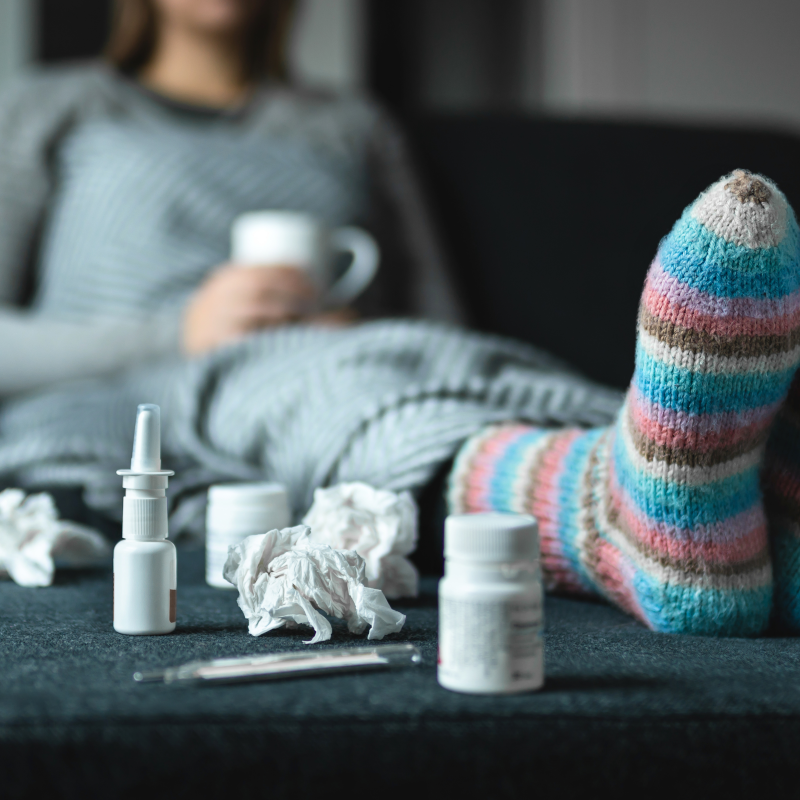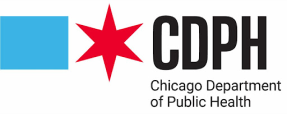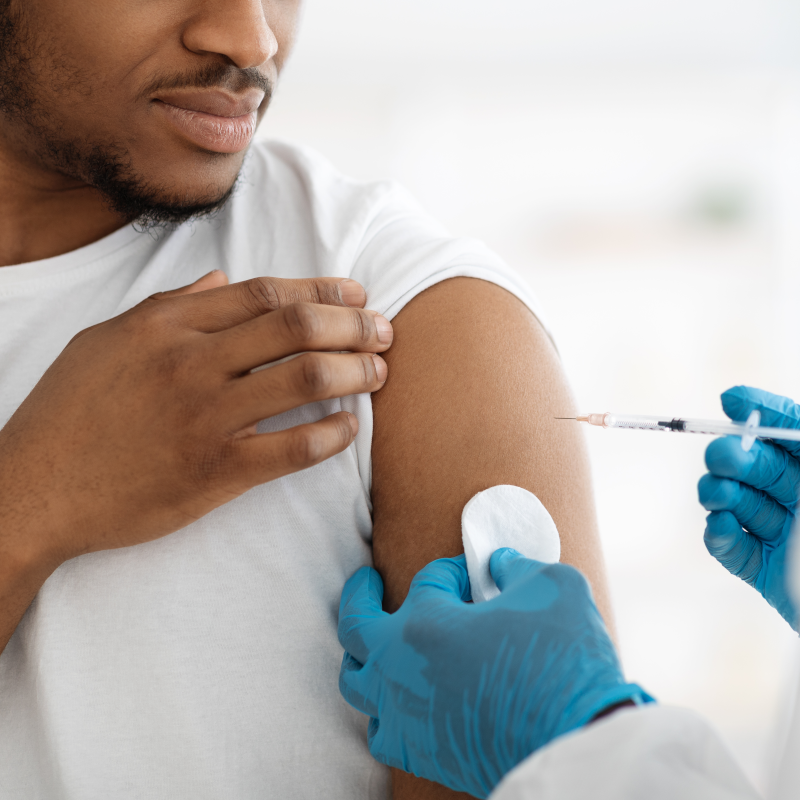Influenza Home


Influenza is a contagious respiratory disease that can lead to serious illness, hospitalization, or even death. Most people with the flu have mild illness and do not need medical care or antiviral drugs. If you get sick with flu symptoms, in most cases, you should stay home and avoid contact with other people except to get medical care; you should not go to the emergency room if you are only mildly ill. If, however, you have symptoms of flu and are in a high risk group, or are very sick or worried about your illness, contact your health care provider. If you don’t have a health care provider, find your nearest community health center at findahealthcenter.hrsa.gov.
About Influenza
How Flu Spreads
Flu viruses spread mainly by tiny droplets made when people with flu cough, sneeze or talk. You may be able to spread flu to someone else before you know you are sick, as well as while you are sick.
People At Higher Risk
Anyone can get flu (even healthy people), and serious problems related to flu can happen at any age, but some people are at high risk of developing serious flu-related complications if they get sick. This includes people 65 years and older, people of any age with certain chronic medical conditions (such as asthma, diabetes, or heart disease), pregnant women, and children younger than 5 years.
Testing
Some of the symptoms of flu and COVID-19 are similar, making it hard to tell the difference between them based on symptoms alone. The only way to know for sure whether you are sick with the flu or COVID-19 is to get tested.
Flu Symptoms
Flu is different from a cold and usually comes on suddenly. Know the symptoms:
- Fever or chills
- Cough
- Sore throat
- Runny or stuffy nose
- Muscle or body aches
- Headaches
- Tiredness
- Vomiting and diarrhea (more common in children)
How to Prevent Flu:
- Get a flu vaccine.
- Practice everyday preventive actions.
- Take antiviral medications to treat flu if your doctor prescribes them.
Learn more: cdc.gov/flu/prevent
The Flu Vaccine
There are many reasons to get a flu vaccine each year. It keeps you from getting sick with flu and reduces the risk of hospitalizations. Flu vaccine can be lifesaving for children.
In addition to helping to protect pregnant women, a flu vaccine given during pregnancy helps protect the baby from flu for several months after birth.
Flu vaccination is also an important preventive tool for people with chronic health conditions.
Getting vaccinated yourself also protects people around you, especially those who are more vulnerable like babies and people with weakened immune system who cannot get the vaccine.

With rare exceptions, everyone six months of age or older needs a flu vaccine.
The flu vaccine is offered (often at no additional cost) in many doctor's offices, pharmacies, as well as by many employers and schools. If you don't have a regular doctor, locate a community health center or visit any of our community flu clinics.
September and October are the best times to get vaccinated. However, as long as flu viruses are circulating, you can get the flu vaccine even in January or later.




